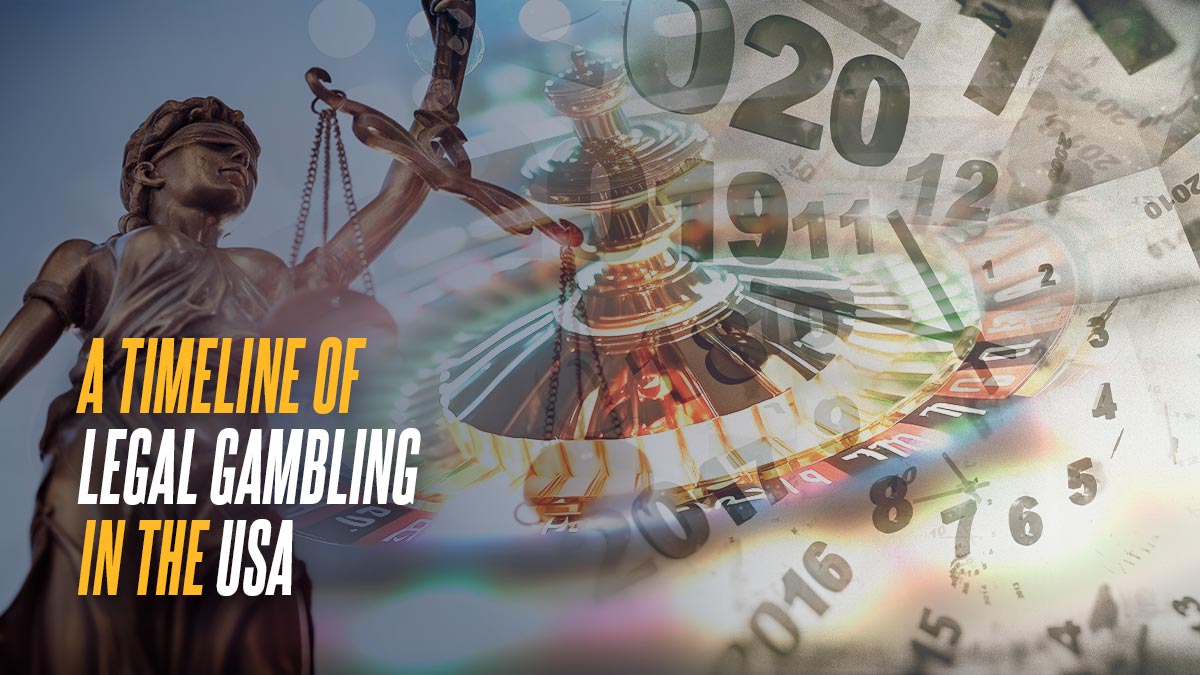Online gambling, that is, is a hobby that became available to the masses in 1994 when the Free Trade and Processing Act was passed in the Caribbean nation of Antigua and Barbuda. That is a piece of legalization this country passed to attract foreign investments by establishing a regulatory framework for the operation and licensing of gambling sites. It delegated overseeing these processes to the Directorate of Offshore Gaming.
While this law did help boost Antigua and Barbuda’s economy, it strained the nation’s relationship with the US. That even led to a dispute between these two sides at the World Trade Organization, as the US did not take kindly to this sovereign island’s platforms taking in American gamblers. Antigua and Barbuda cited that the US restricted this pastime from being enjoyed remotely and violated various trade agreements.
Without question, the Free Trade and Processing Act stands as a landmark piece of legislation that gave birth to the online gambling industry, and it is something that other smaller countries around the globe quickly emulated. Examples include Curacao, which formed its Internet gaming/betting sector in 1996 when the Mohawk Territory of Kahnawake established its Gaming Commission.
It was not until the first half of the 2010s that the United States became more open to adopting a more liberal stance on online gambling, and here we outline the timeline of events that led to the current remote gaming and wagering situation in America.
Online Poker
Technically, all forms of Internet gambling were birthed in 1994 through Antigua’s FTA. Yet, poker was the first to attract mainstream attention in the US. Free poker hubs initially appeared on the Web in the mid-1990s. Some readers may remember IRC poker, and in 1998, Party Poker debuted, offering real money card action to US residents. Five years later, Chris Moneymaker gained entry into the WSOP’s 2023 Main Event, which he went on to win, shocking much of the card gambling public. Most believe that this, along with the rising popularity of the film Rounders on home video and TV, contributed to the period between 2003 and 2006, which was named the poker boom, as this game witnessed its popularity peak within this timeframe.
In the mid-2000s, poker was all the rage in the US, with networks such as PokerStars, iPoker, and Full Tilt Poker boasting the highest traffic levels. By 2010, over five hundred online platforms existed that accepted US gamblers. Nonetheless, that all changed in 2011 when the Department of Justice of the US seized the domains of all the most popular online poker brands. That happened because authorities honored the Unlawful Internet Gambling Enforcement Act of 2006. That law prohibits gambling sites from performing money transfers with US financial institutions.
Five months after this event, the DOJ announced a novel interpretation of the 1961 Interstate Wire Act, which aimed to curb mob-ran gambling operations, proclaiming that it only applied to betting. Thus, states could legalize poker on the Web if they wished. Nevada, New Jersey, and Delaware did this in 2013. And so far, only Michigan, Pennsylvania, and West Virginia have joined them.
Online Casinos
The DOJ’s 2011 interpretation of the Interstate Wire Act of 1961 also applied to Internet gaming. Hence, in 2013, New Jersey and Delaware allowed remote casino-style gambling to residents along with poker. Pennsylvania joined this duo in 2017, and Michigan and West Virginia launched Web gaming fun for their citizens in 2021. It is interesting to note that no Virginia online casinos based in the Old Dominion exist just yet.
Connecticut also officially began licensing and regulating casino platforms in 2021, in October of that year. Rhode Island is the most recent US territory to make available this pastime to its residents, with Rhode Island Internet gaming hubs debuting in March 2024.
Most US regions, even today, have a somewhat crude stance regarding games of chance getting played remotely. That is evident because only seven states allow this form of entertainment. Nevertheless, expert expectations are that this will ease up as this decade comes to a close.
Sports Betting
Since the 2011 DOJ interpretation of the Wire Act stated that this law is still in effect concerning sports wagering, it was not until seven years later that states could legalize it, something that was possible thanks to the US Supreme Court repealing the federal ban on this activity implemented via the Professional and Amateur Sports Protection Act in May 2018.
Nevertheless, it must be highlighted that Nevada had a PASPA exemption, so it had legal sports betting way before 2018. It even had regulated online wagering as far back as 2010.
At the time of writing, thirty-eight US states have legalized sports betting, and twenty-eight let their residents wager on sporting events through apps and sites regulated by their government-created gambling commissions.
Lotteries
We should remember lotto draws, which were also forbidden by the Wire Act until 2011. The initial US territory to allow them was Illinois in 2012. Over the past dozen years, Minnesota, Kentucky, Michigan, New Hampshire, New Jersey, Pennsylvania, and Georgia also permitted people to buy lottery tickets using websites based within their borders, usually run by their lottery commissions or monitored and approved by them.








